In this culmination of his life’s work, Peter A. Levine draws on his broad experience as a clinician, a student of comparative brain research, a stress scientist and a keen observer of the naturalistic animal world to explain the nature and transformation of trauma in the body, brain and psyche. In an Unspoken Voice is based on the idea that trauma is neither a disease nor a disorder, but rather an injury caused by fright, helplessness and loss that can be healed by engaging our innate capacity to self-regulate high states of arousal and intense emotions. Enriched with a coherent theoretical framework and compelling case examples, the book elegantly blends the latest findings in biology, neuroscience and body-oriented psychotherapy to show that when we bring together animal instinct and reason, we can become more whole human beings.
Sale!
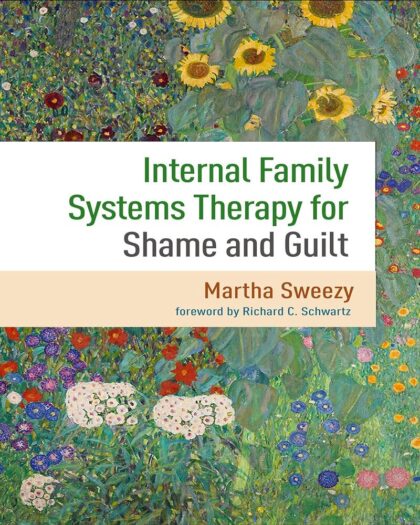
$39.99 Original price was: $39.99.$19.99Current price is: $19.99.
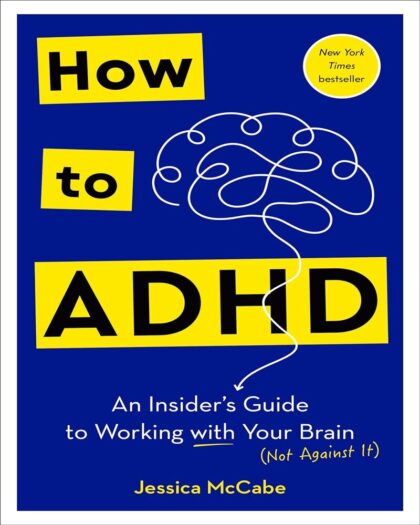
$59.99 Original price was: $59.99.$19.99Current price is: $19.99.
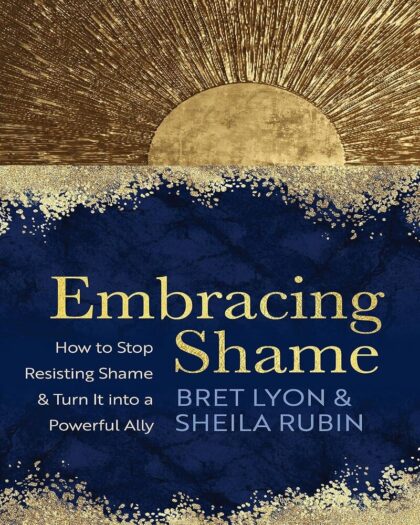
$69.99 Original price was: $69.99.$19.99Current price is: $19.99.
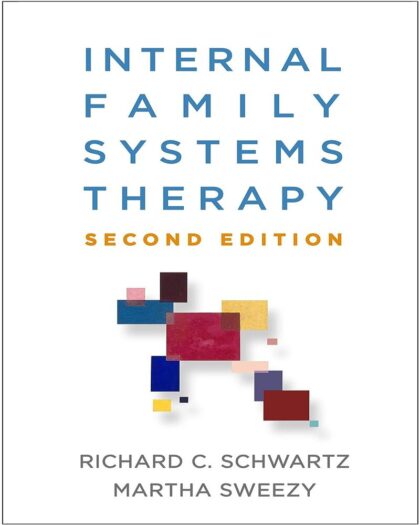
$29.99 Original price was: $29.99.$19.99Current price is: $19.99.
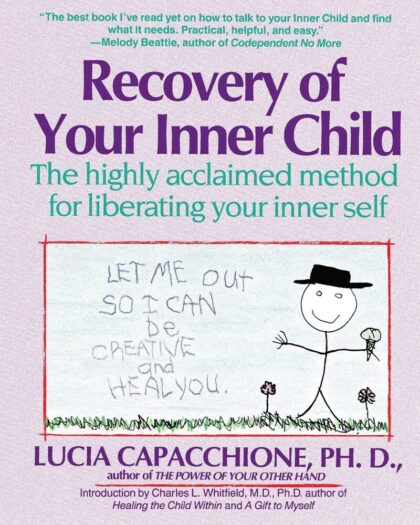
$49.99 Original price was: $49.99.$19.99Current price is: $19.99.

$49.99 Original price was: $49.99.$19.99Current price is: $19.99.
In an Unspoken Voice: How the Body Releases Trauma and Restores Goodness
Rated 5 out of 5 based on 5 customer ratings
(5 customer reviews)
$29.99 Original price was: $29.99.$18.99Current price is: $18.99.
Frequently bought together:

Internal Family Systems Therapy for Shame and Guilt
Rated 5 out of 5
(14) 
How to ADHD: An Insider's Guide to Working with Your Brain (Not Against It)
Rated 4.83 out of 5
(18) 
Embracing Shame: How to Stop Resisting Shame and Turn It into a Powerful Ally
Rated 5 out of 5
(13) 
Internal Family Systems Therapy
Rated 4.9 out of 5
(17) 
Recovery of Your Inner Child: The Highly Acclaimed Method for Liberating Your Inner Self
Rated 4.8 out of 5
(20) 
The Socratic Method: A Practitioner's Handbook
Rated 5 out of 5
(13)
Total: $0.00
Category: Psychology
5 reviews for In an Unspoken Voice: How the Body Releases Trauma and Restores Goodness
Add a review Cancel reply
Related products
-
$35.99Original price was: $35.99.$19.99Current price is: $19.99.Healing the Fragmented Selves of Trauma Survivors: Overcoming Internal Self-Alienation
Rated 5.00 out of 5(5) -
$29.99Original price was: $29.99.$19.95Current price is: $19.95.This Is Your Brain on Food: An Indispensable Guide to the Surprising Foods that Fight Depression, Anxiety, PTSD, OCD, ADHD, and More
Rated 5 out of 5(5) -
$34.99Original price was: $34.99.$18.99Current price is: $18.99.The Addiction Recovery Skills Workbook: Changing Addictive Behaviors Using CBT, Mindfulness, and Motivational Interviewing Techniques (New Harbinger Self-help Workbooks)
Rated 5 out of 5(4) -
$36.99Original price was: $36.99.$19.99Current price is: $19.99.Coping with Trauma-Related Dissociation: Skills Training for Patients and Therapists (Norton Series on Interpersonal Neurobiology)
Rated 4.8 out of 5(12)

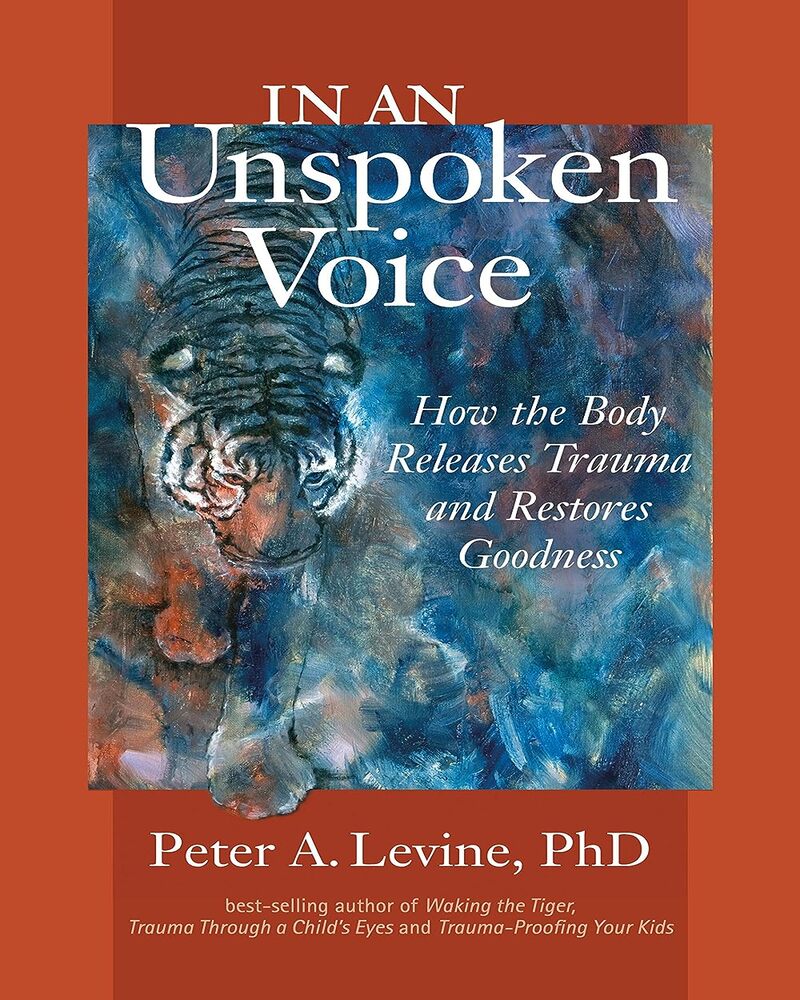
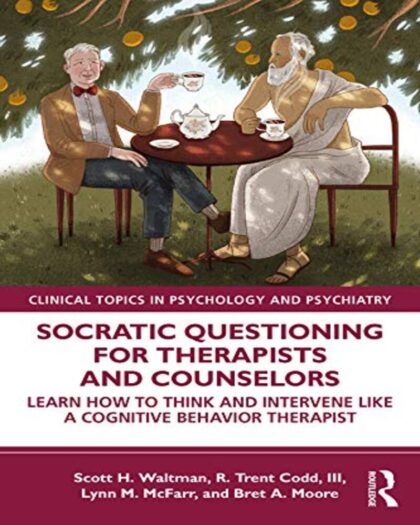
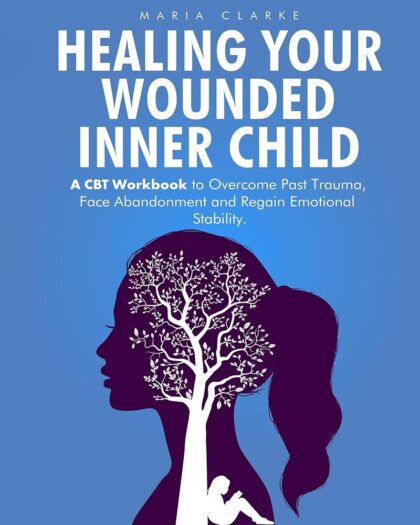
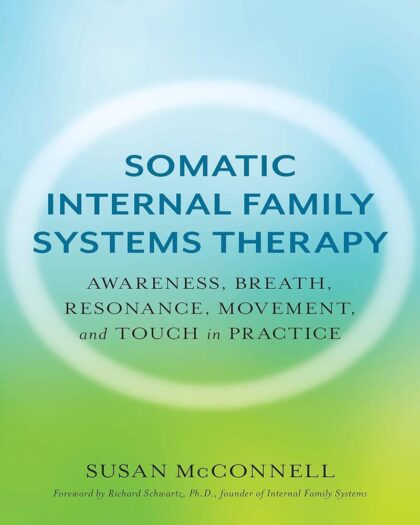
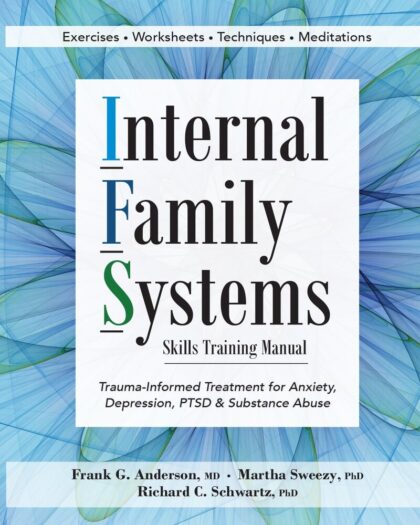
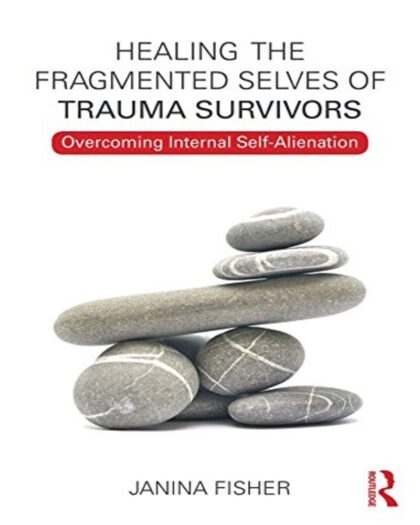


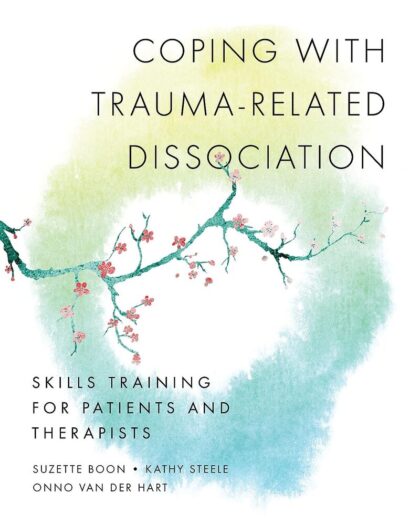
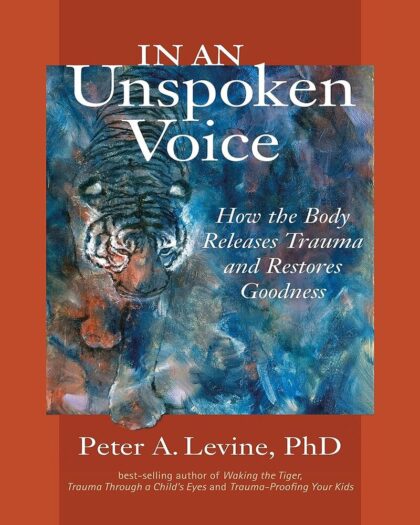
The cutting edge of this book is an explanation of why most therapy fails. Therapists think that their positive relationship and verbal insights into the ego alone can help their clients. Levine explains why this is not so. One needs to understand the nervous system and how it works. Understanding of the polyvagal theory is a must for practioners. The book explains that traumatized people cannot even recognize facial expressions of goodness.
As a layperson interested in psychology for spirituality purposes I have read many therapy books. This is written for the practitioner as well as beginning psycholgy student and interested casual reader.
I love the book, it is easy to understand and written in layman's terms. Hats off to Peter Levine who took a complex or technical issue and described trauma processing using words and terms that the average individual (someone without professional training in the subject area) can understand, so that they may comprehend the issue to some degree. Many thanks and blessings to you.